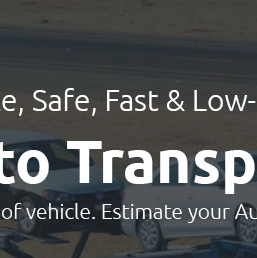car shipping trailer basics and smart tips
What it is and when to use it
A car shipping trailer moves vehicles safely over long or short distances, ranging from open multi-car haulers to enclosed single-vehicle rigs. Choose open for value and speed; pick enclosed when you need maximum protection from weather, debris, or prying eyes.
Key considerations before you tow
Match the gross vehicle weight rating of your tow vehicle to the trailer and car combined, and aim for 10–15% tongue weight for stability. Confirm working electric brakes, lights, and a compatible brake controller. Look for sturdy ramps, ample tie-down points, and rated wheel straps; crossed chains and four-point tie-downs reduce sway.
Budget for fuel, permits, and insurance. Transit time varies with route density and season; winter storms and holidays can stretch lead times, while mid-week pickups often cost less.
- Document existing damage with photos and remove loose accessories.
- Lower the fuel level to about a quarter tank and check tire pressures.
- Disable alarms, fold mirrors, and secure the battery if required.
- After loading, re-check strap tension at 25–50 miles.






















